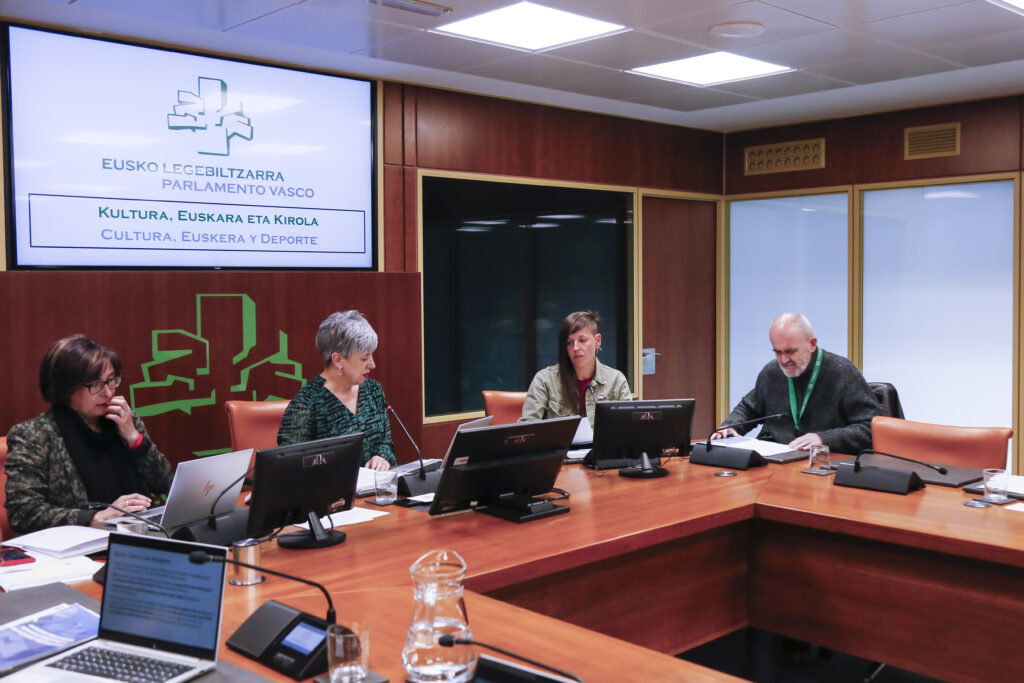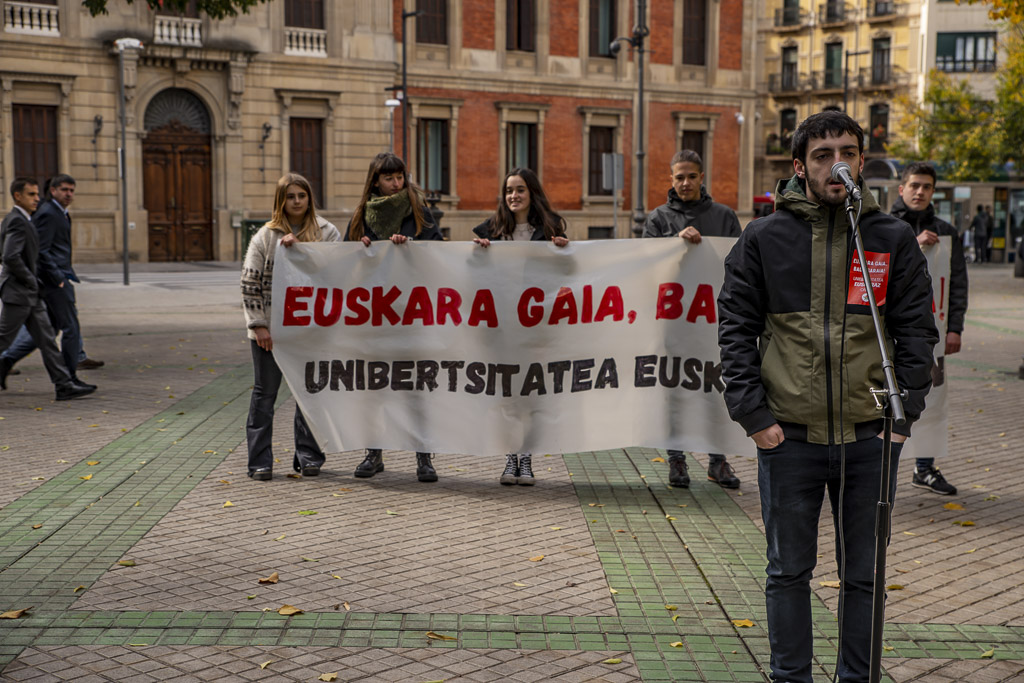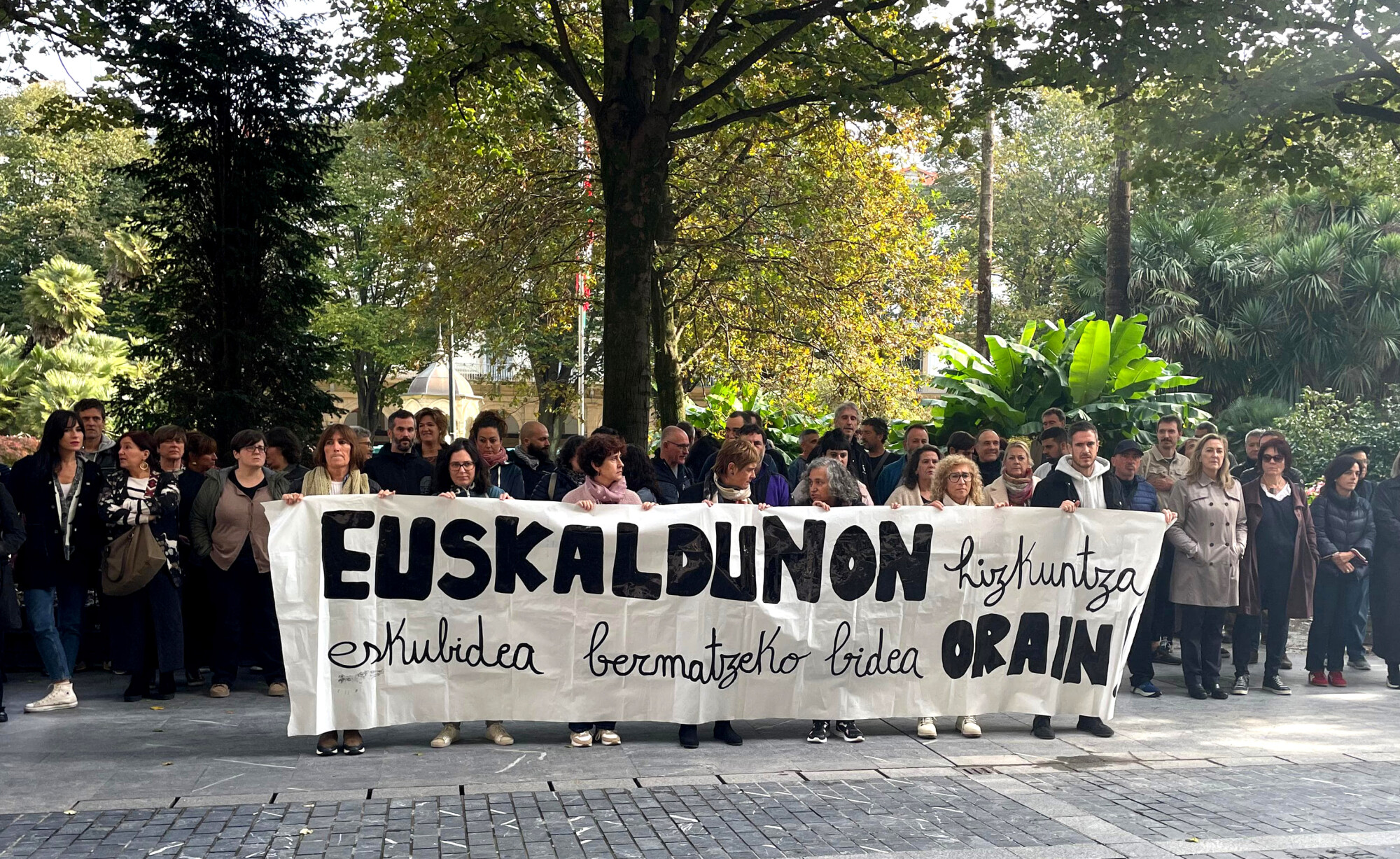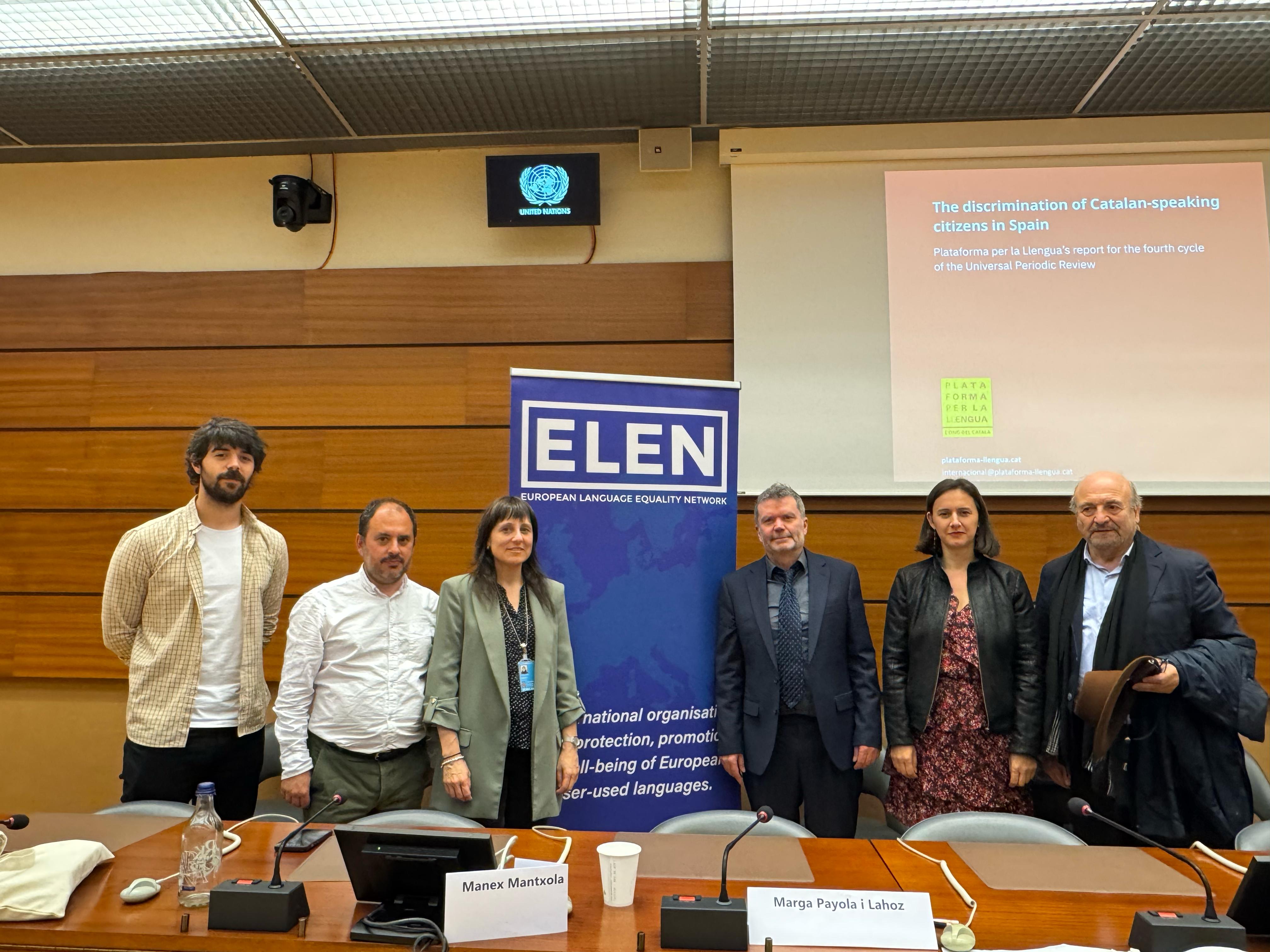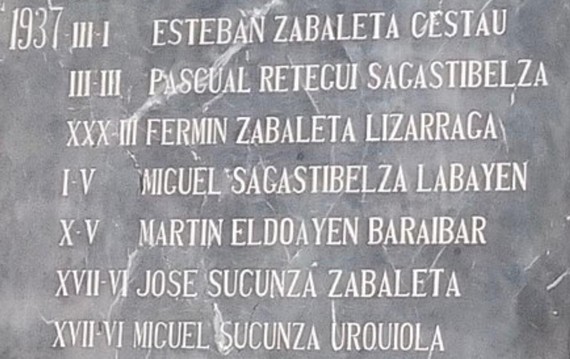Castilla y León wants to paralyze in the courts the Basque plan of Treviño
- At the end of 2020, the two municipalities of Treviño approved a strategic plan for the promotion of Euskera to four years. Now, the Junta de Castilla y León has taken Treviño to the administrative court and threatened him with this plaza of the Puebla de Arganzón.

The municipalities of Treviño and Arganzón approved in November and December respectively a strategic plan for the promotion of the Basque country. The Strategic Plan of the Barrendegi of Treviño for the Promotion of the Basque Country (2020-2024), developed by the Basque Service of Treviño, aims to define a roadmap for the whole enclave for four years, taking concrete measures to activate the networks of Euskaldunes, Euskaldunizar the population and create the conditions for the population to live in the Basque country.
However, the Junta de Castilla y León has rejected the process of linguistic standardization in Treviño and, as ALEA has been aware, has taken legal action. In the case of County Treviño, he has challenged the decision of the City Council before the Administrative Litigation Court, while in La Puebla de Arganzón he has asked the mayor to suspend the plenary agreement, threatening him to go to court if he does not.
Treviño to the courts and La Puebla de Arganzón
The Presidency Department of the Junta de Castilla y León (pp) has notified the resolutions adopted on 9 March to Enrique Barbadillo (PNV), Mayor of Treviño, and Pablo Ortiz de Latierro (EH Bildu), Mayor of Arganzon.
The Junta de Castilla y León will challenge to the Administrative Litigation Court the fifth point of the plenary of the City of Treviño (Plan de Euskera) approved on 20 November. In very similar legal arguments, the Mayor of Arganzón is asked to reconsider the plenary’s decision to approve the Plan, although the resolution leaves open the possibility of going to court if it fails to comply with the request within one month.
Violation of the legal system
After analyzing the documentation received, the Junta de Castilla y León has concluded that the Basque Plan "has violated the legal system" and has cited a number of legal reasons to justify it.
The first reason is as follows: The only languages recognized in the territory of Castile and León are Castilian, Leonese and Galician; Euskera is not one of them. In addition, it refers to a judgment of the 2018 Constitutional Court: "A language is official when it is accepted by the public authorities, regardless of its reality and its weight as a social phenomenon," the counselor said.

For its part, the Junta de Castilla y León considers "appropriate to analyze whether the plenary agreement respects the competency limitations that the laws grant to the City of Treviño". In this sense, the third point of the resolution re-cites the ruling of the Spanish Constitutional Court of 2018: According to the Board's interpretation, "since the Basque language is not the official language of Castilla y León, the City of Treviño cannot take any decision to normalize the Basque language".
In addition, it uses a 2009 Spanish Supreme Court ruling to argue that: "The promotion and development of the use of Euskera is not the responsibility of the municipalities (...) the development of the use of Euskera is the responsibility of the Autonomous Community".

Administrative conflict
The Strategic Plan 2020-2024, which can be completed in the courts, is designed to be developed throughout the Barrendegi de Treviño, and consists of five axes: social use, new speakers, management model, education and administration.
In the latter two areas are the main administrative shocks: on the one hand, public education in Treviño, unlike the ikastola de Arganzón, is integrated in the educational system of Castilla y León, and the objective of the Plan is to "advance in education". On the other hand, according to the regulations of Castilla y León, Euskera is not taken into account in the administration, since it is not an official language, so the Plan proposes a set of measures to "influence the administration".
In particular, the resolution uses the following formula: "Factors affecting the competences of the Community of Castile and León, such as education, culture, access to the subsidized lines of the Basque Government, are included in each of the aforementioned axes...", says the regional executive.
According to the report submitted by the Provincial Council of Burgos to the Junta, the Basque Plan is a "leap to nothing legal" and a "strategic plan without legal protection in the Statute of Autonomy of Castilla y León". The resolution of the Department of Education follows a similar line: "The option to teach this language in the educational centers of Castilla y León lacks a legal basis, unless other instances make the legal adaptations they deem appropriate".
Extract from the resolution of Castilla y León addressed to the mayors of Treviño.
The enclave of Treviño, at the destination
As soon as the resolutions are known, ALEA has spoken to the mayor of Arganzon, Pablo Ortiz de Latierro. In his opinion, the administrative tensions that have arisen in recent months regarding measures against COVID-19 have made it clear that "the enclave of Treviño is in the focus of the Junta de Castilla y León".
Unlike Treviño County, the decision of the plenary of La Puebla de Arganzón has not yet been appealed to the courts and, for the time being, the City Hall is studying the situation. It's strange. The City Council of Treviño has been told one thing and we have said another thing, and the rest is a backup," said Ortiz de Latierro.
However, he stressed that the Euskera Plan is "unique" for the entire facility, and that the two municipalities of Treviño will have to work "along the same path", although the decisions taken by the Board are different: The mayor of La Puebla de Arganzón has warned that "we still have to analyze and decide everything, but if Treviño goes to the courts we also have to go to us."
The future of the plan
The mayor of Arganzon is clear that the Euskera Plan has "great importance" for the linguistic normalization of the enclave: "In all the squares of Álava there is an Euskera plan, and Treviño is part of Álava, which is a historical territory. We have two languages: Spanish and Basque. And we have to protect the two," said Ortiz de Latierro.
As he recalled, it is not the first time that a decision related to the Basque Country generates a similar response to that of the Board: "On the occasion of Basque Day 2019, we approved motions in two municipalities, they said nothing to Treviño and asked Arganzón to withdraw," he added.
A few years ago, in the municipalities of Treviño and Arganzón, the motions were approved for the names of the streets to be translated into both languages and resorted to by the Board. In 2015, the case came to the Supreme Court and gave the right to municipalities: "The Board's present resolution does not refer to this judgment, while others do."
Euskaraldiaren atarian, beste behin, Pantailaldia egingo da. Maiatzaren 6tik 15era iraungo du, eta euskarazko ikus-entzunezkoen kontsumoa sustatzea izango da helburua.
Baina non gaude, non dago euskara ikus-entzunezkoen mundu zabalean, nora goaz? Zein hutsune, zein erronka... [+]











